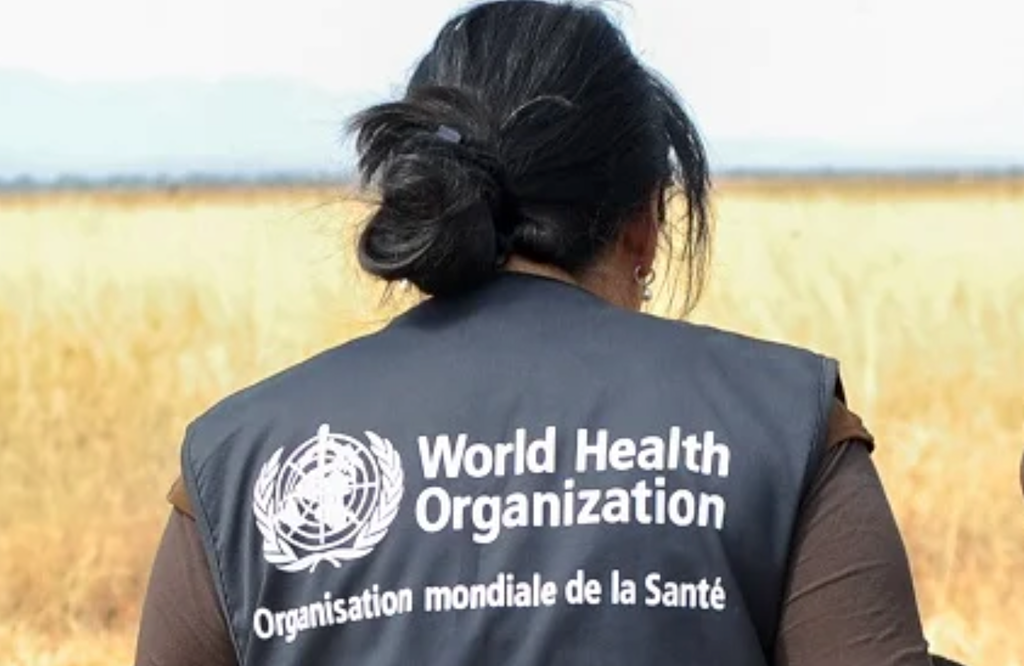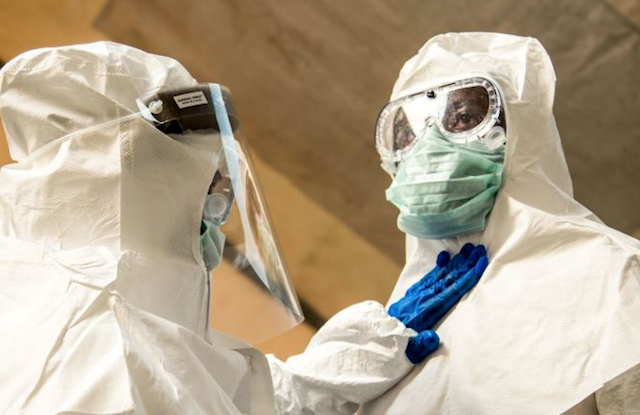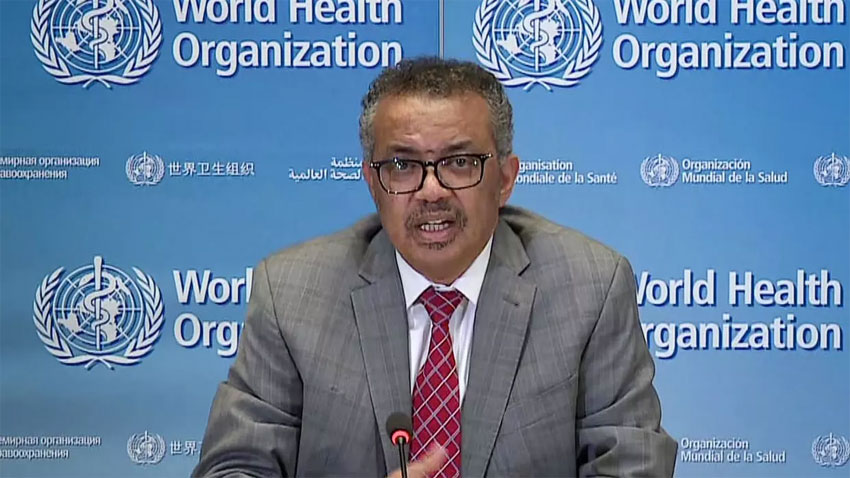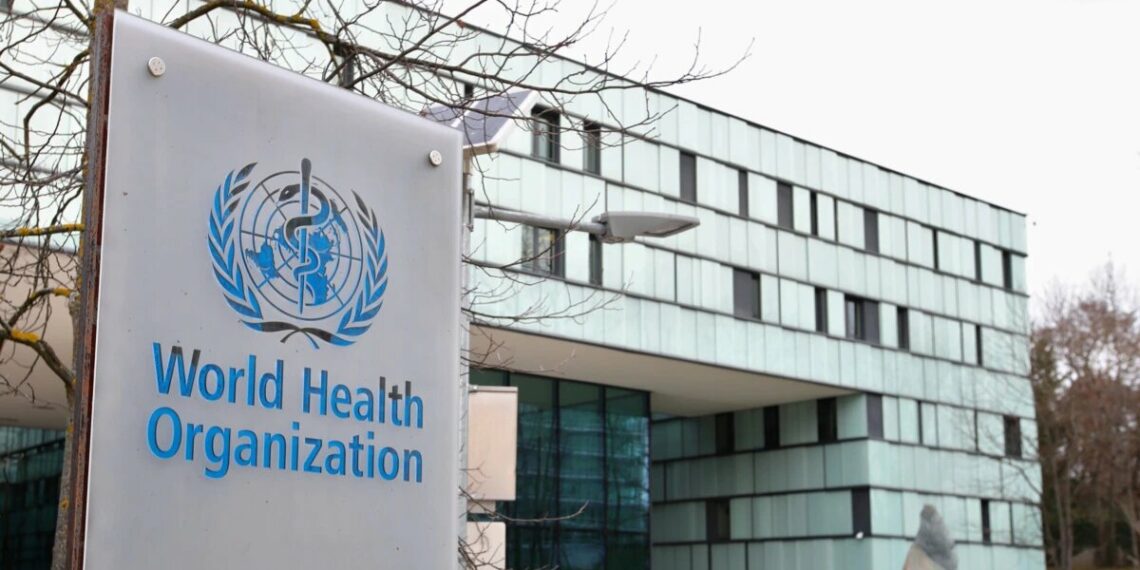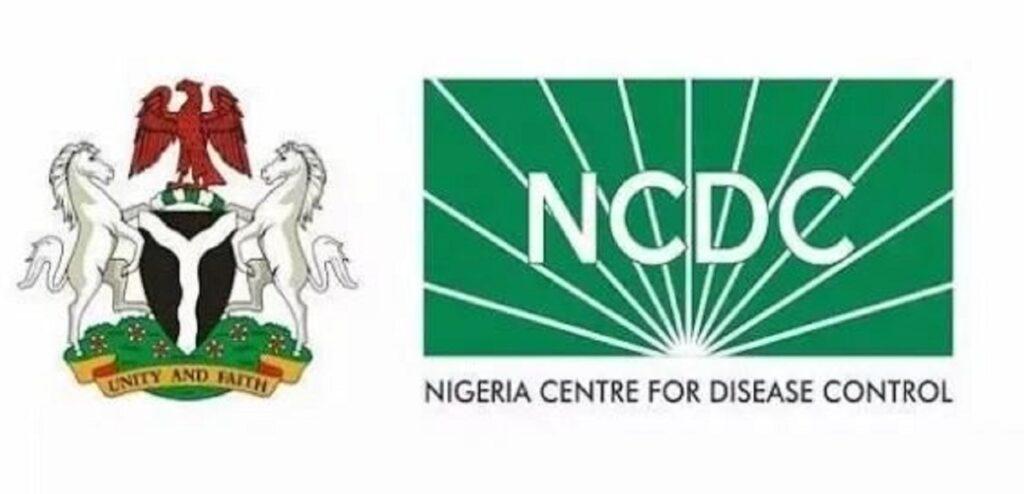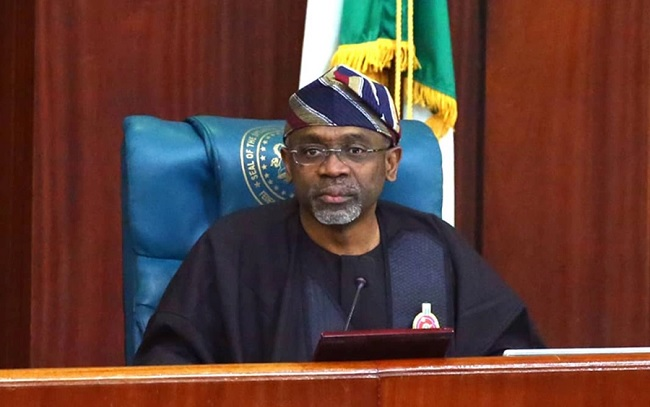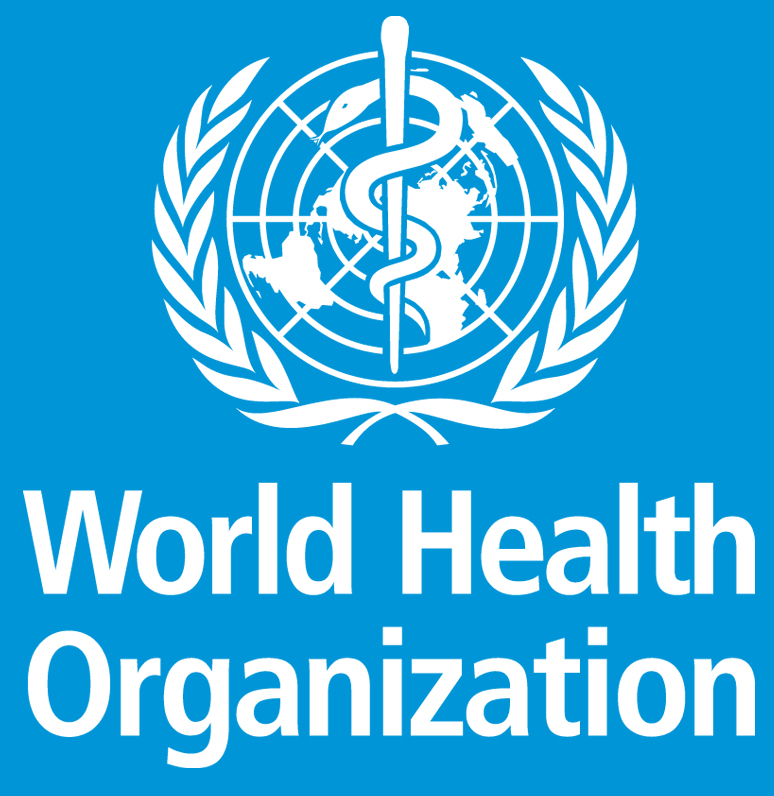The World Health Organisation (WHO) has said that more than 116 million people are estimated to be living with mental health conditions in Africa.
Dr Matshidiso Moeti WHO Regional Director for Africa said this in Abuja in a message to mark the 2022 World Mental Health Day which has the theme, “Make Mental Health and Wellbeing for All a Global Priority”.
According to her, the day provides an opportunity to draw attention to Africa’s large and growing burden of mental health conditions, with children and adolescents most impacted.
“The theme serves as a reminder that after nearly three years, the social isolation, fear of disease and death, and strained socio-economic circumstances associated with the COVID-19 pandemic have contributed to an estimated 25 per cent global rise in depression and anxiety.
“Across the African Region, more than 116 million people were already estimated to be living with mental health conditions pre-pandemic,’’ she said.
Moeti said the rate of suicide remained particularly a thing of concern given the exponential rates of alcohol use and abuse among adolescents as young as 13 years of age.
She said Africa needed to urgently strengthen regulatory systems to close the gaps that allowed young people to easily access alcohol.
“Sure act contributes to heavy episodic drinking rates as high as 80 per cent among teens from 15 to 19,’’ Moeti said.
She added that the situation posed a serious threat to their education, while setting the stage for a lifetime of alcohol abuse, and the associated risks of noncommunicable and other related diseases.
According to her, inadequate financing for mental health continues to be the biggest limitation, negatively impacting efforts to expand Africa’s mental health workforce.
The WHO director maintained that there are fewer than two mental health workers for every 100 000 people, the majority of whom are psychiatric nurses and mental health nursing aids.
She said that with scarce resources concentrated at large psychiatric institutions in urban areas, people at the community and primary care levels are left critically underserved.
“For example, while two-thirds of member states report having guidelines to integrate mental health into primary health care, fewer than 11 per cent are providing pharmacological or psychological interventions at this level.
“It is, however, heartening that up to 82 per cent of our member states are receiving training on how to manage mental health conditions at primary care level.
“With up to 74 per cent reporting that specialists are involved in providing appropriate training and supervision to primary health care professionals,’’ she said.
Moeti stated that African governments have made some progress on mental health spending.
She, however , said the spending pattern was still well below the recommended two dollars per person, with mental health not featuring in national health insurance schemes.
To address the challenge, she advised, member states should follow ensure the implementation of commitments they made at the Regional Committee in August 2022.
She said the commitment was done when they endorsed the Framework to Implement the Comprehensive Global Action Plan 2013 to 2023 in the WHO African Region.
The director said that the key document highlighted the severe shortage of mental health services on the continent, and makes recommendations for key actions by member states.
Moeti said countries needed to strengthen the mental health and psychosocial response in humanitarian emergencies, including COVID-19 and Ebola, which have a significant negative impact on school-age children and our health care workers.
She said that mental health and psychosocial support are integral to any successful response.
“On this day let us all commit to work together to deepen the value we afford to mental health.
“To reshape the environments that negatively impact mental health, and to strengthen the care systems to make mental health care accessible to all Africans.’’ Moeti said.
